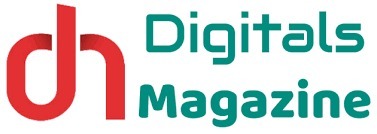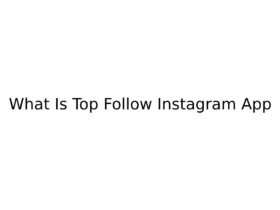The Internet of Things (IoT) has revolutionized the way we interact with the world around us, enabling a seamless connection between devices, systems, and people. According to Statista already in 2021, there were approximately 35.82 billion IoT devices worldwide. This number is expected to grow exponentially in the coming years, with some projections estimating over 50 billion connected devices by 2025. The ever increasing number of connected devices has necessitated efficient and effective management solutions.
Enter IoT device management platforms – the unsung heroes that keep our connected world running smoothly. In this article, we’ll explore what an IoT device management platform is, how it works, and take a closer look at some popular platforms, including Coiote by AVSystem.
What is an IoT Device Management Platform?
An IoT device management platform is a comprehensive software solution that simplifies the complexities of managing a vast array of IoT devices. These platforms enable businesses to monitor, control, and integrate their IoT devices and systems within a single, unified interface. Key features of IoT management platforms typically include device provisioning, firmware updates, data management, analytics, and interoperability with other applications and systems.
Popular IoT Device Management Platforms
- Microsoft Azure IoT Suite: Azure IoT Suite offers a range of services such as device management, data analytics, and edge computing, catering to industries like manufacturing, retail, and healthcare.
- AWS IoT Core: This platform provides secure device connectivity, management, and data ingestion capabilities while integrating with other AWS services for enhanced functionality.
- ThingWorx by PTX: Focusing on providing a secure and scalable infrastructure for managing, processing, and analyzing IoT data.
- Coiote by AVSystem: A flexible and scalable platform that supports multiple device management protocols like Lightweight M2M (LwM2M), OMA DM, and TR-069, ensuring compatibility with a wide variety of IoT devices and use cases.
Coiote IoT Device Management by AVSystem: A Closer Look
Coiote by AVSystem stands out from its competitors with a unique blend of features that make it a compelling choice for businesses looking to manage their IoT devices efficiently and securely. AVSystem is a smaller player on the market than some of the other companies mentioned here. This results in Coiote having more flexibility and customization options than most solutions out there. Some of the key differentiators of Coiote are:
- Multi-protocol Support: Coiote’s ability to support multiple device management protocols allows businesses to manage different types of devices using a single platform.
- Scalability: Coiote’s architecture is designed to support efficient device onboarding, management, and monitoring, regardless of the size and complexity of the IoT deployment.
- Security: With a strong emphasis on security, Coiote ensures end-to-end protection, including secure device onboarding, encrypted communication, and access control mechanisms.
- Customizability: The platform’s integration capabilities with third-party systems and APIs allow businesses to build custom IoT solutions tailored to their specific needs.
- User-friendly Interface: Coiote’s intuitive, user-friendly interface simplifies device management tasks, making it easier for businesses to monitor and control their IoT devices.
IoT device management platforms play a crucial role in enabling the seamless integration and operation of IoT devices across a wide range of industries and use cases. Whether it’s the multi-protocol support and flexibility and customizability of Coiote by AVSystem or the cognitive capabilities of IBM Watson IoT Platform, each platform offers unique features tailored to specific needs. As our world becomes increasingly connected, these platforms will continue to serve as the backbone of IoT deployments, ensuring efficiency, security, and scalability in our rapidly evolving digital landscape.
Read Also: Jobshost
















Leave a Reply